‘People still blame me for their perforated eardrums’: how we made the Tango ads

‘Gil Scott-Heron did the closing voiceover.He was giggling away, saying, “You English guys are crazy!”’My creative partner Al Young and I had been on the dole for 18 months when we landed our dream jobs at Howell Henry ad agency.We had to prove ourselves fast.Tango’s brief was basically to get talked about.They told us: “We want Coca-Cola to be afraid of this little British brand.
” The campaign was based around the hit of real fruit.We decided to escalate that concept, making the hit a physical thing.Most ads were cause and effect – consume the product and something pleasant happens.We flipped that, so something unpleasant happens in a farcical way.It was almost anti-advertising.
I loved Charlie Chaplin kicking people up the bum, then running off.A boot up the backside was deemed too aggressive but we figured we’d get away with a Morecambe and Wise-style slap.We shot tests with a camcorder but the slap didn’t look big enough.We ended up putting our arms straight out to the sides, pause, then “whack!”.At first, it was just a big guy.
Al said: “Let’s make him orange, so he’s more a manifestation of the drink.” He became this shirtless orange genie.We auditioned loads of actors.Peter Geeves, who got the job, was a proper thespian.He had this funny way of running with his tummy thrust forward and head back, which clinched it.
When the ad got pulled by the agency, we got him to redo it with a kiss instead of a slap and Peter told us: “I can’t get parts any more.Everybody just sees me as this fat orange bloke.” Gil Scott-Heron did the closing voiceover.I was terrified – asking one of my heroes to say, “You know when you’ve been Tango’d” at the end of our silly ad.But Gil was giggling away, saying, “You English guys are crazy!”After filming, we were bouncing around like excited toddlers.
Whenever we showed the ad to people, it got a reaction of: “What the hell was that?” We knew it was going to be either loved or hated and, if the latter, we’d probably be back on the dole.An industry figure called it “oik advertising”.We were working-class kids trying to make a noise.I knew it was a winner when I fell asleep on the tube one night and woke up to hear these guys mimicking the ad.I wanted to shout: “I did that!” I was in a cinema when it came on and the whole audience roared with laughter.
It was the best feeling.Then we started hearing about copycat slappings, which we hadn’t seen coming, and doctors complained about patients having perforated eardrums from being Tango’d.We were gutted but our bosses were cool.They said: “It’s out there now.Everybody’s talking about it.
” To an extent, our job was done, which enabled us to do all the sequels.It boosted Tango sales by 35%.They changed the branding to a black can off the back of the commercials.It’s amazing how far it spread, taking on a life of its own.You’d see fans dressed as the Tango man at football matches, painted orange with their tops off, which was quite disturbing.
People still come up and tell me they got a perforated eardrum because of me.The slogan resonates to this day.I’ve seen headlines about Donald Trump’s tan, saying: “He’s been Tango’d.”I was doing voices for Spitting Image when my agent called about a new Tango ad.They needed two sports-style pundits to describe this blink-and-you’ll-miss-it surreal moment.
Ex-footballer Ray Wilkins – a lovely bloke, sadly no longer with us – was laid-back and laconic, so they wanted someone excitable as contrast.I came up with this extreme geordie commentator.A cross between Sid Waddell off the darts and Eddie Waring from rugby league.I think they had actually tried Sid Waddell himself but he wasn’t Sid Waddell-ish enough.I absolutely loved doing it – they were groundbreaking ads.
The slap caused problems in school playgrounds,I thought: “Oh my god, I’m partly responsible for all these ear injuries,” But there’s always a dangerous playground craze,It was clackers in my day,The campaign ran for four years in the 90s, then was brought back in the 00s.
Every six months, I’d go to a studio, chat about football with Ray, then launch into this ludicrous voice: “Wey-aye, Tony, I think we’ve got another one here!” It was huge fun but kind of exhausting.There were a limited number of takes I could do because it stretched my voice.I couldn’t do anything else for two hours afterwards because I’d screamed myself hoarse.Knowing the adverts were popular made it all the more enjoyable.People were waiting for the next one, which rarely happens.
Oddly enough, I had also seen this from the other side.After university, I worked for Unilever and became brand manager of Lynx deodorant.So I could view it from a marketing perspective, going: “I wish I’d thought of this.”Because the campaign ran for ages, it brought in regular money.I didn’t buy a private island but I did OK.
It was very much of its time.An orange fella in a giant nappy going up to someone in the street and slapping them around the face? You wouldn’t get away with it now – but it’s lovely to be part of such a cult classic.Most people don’t realise it was me.I’m currently in The Importance of Being Earnest in the West End with quite a young cast.When I mentioned doing the Tango voiceover, they went: “Wait, what? That was you? A middle-aged man who’s playing a vicar in Earnest?” But they absolutely all remember it.
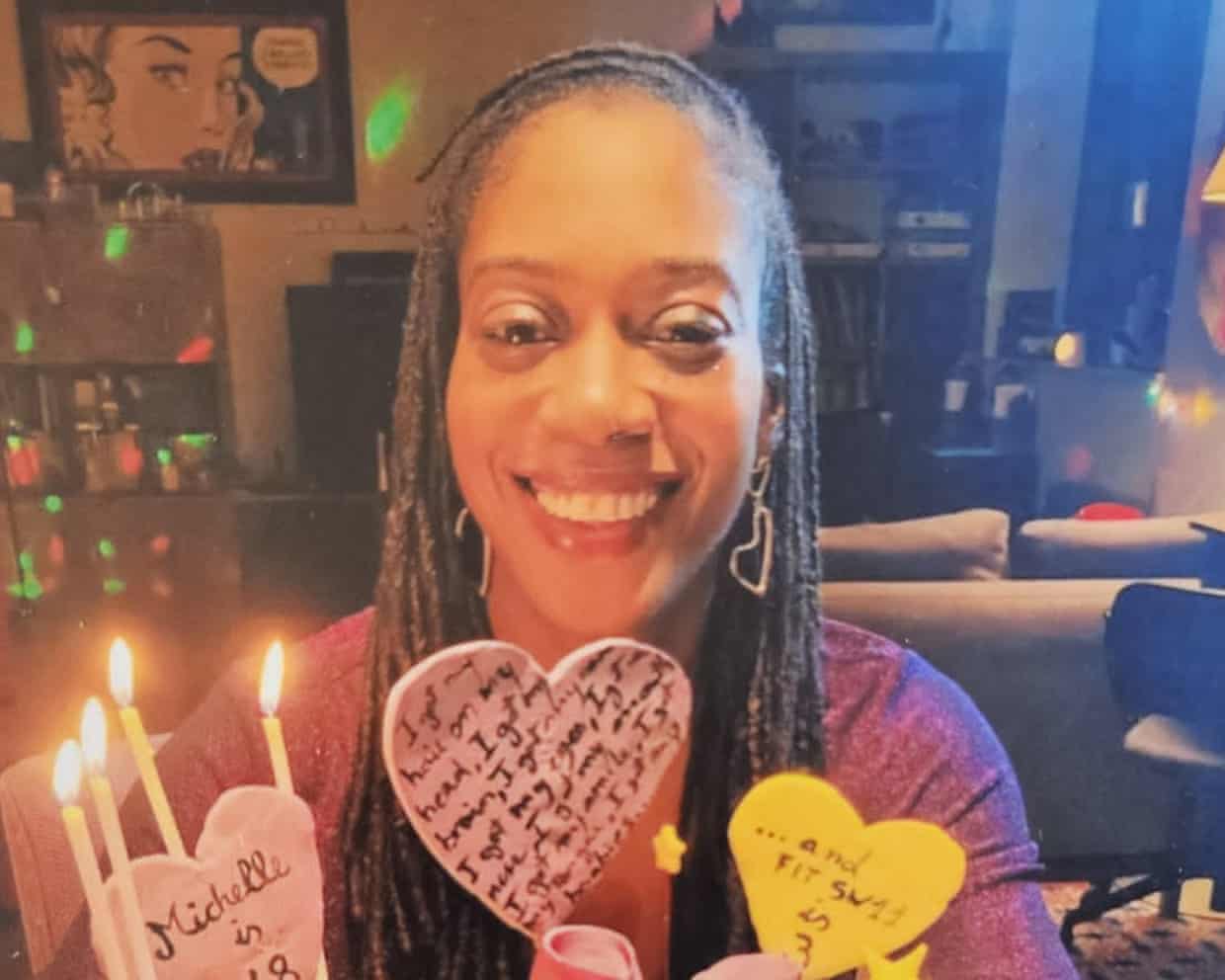
Woman killed herself after south London hospital neglect, coroner concludes
A woman killed herself after a south London psychiatric unit failed to search her possessions adequately, a coroner has concluded.Michelle Sparman, a personal trainer and call dispatcher for the Metropolitan police from Battersea, south-west London, died on 28 August 2021 at Kingston hospital, four days after trying to take her own life.The assistant coroner, Bernard Richmond KC, concluded that Sparman, 48, died of a hypoxic brain injury, determining she had died by “suicide whilst the balance of her mind was disturbed, contributed to by neglect”.He determined four probable causes of death: her struggles with anxiety and depression, including impulsiveness; a “difficult relationship” with her ex-partner, including “intemperate and excessive texting” from him, which called into question her mental health and fitness to be a mother; her “justifiable feelings of abuse” as a result of his behaviour, and inadequate searching on leaving and entering Rose Ward, a locked 20-bed female-only mental health unit at Queen Mary’s hospital in Roehampton.He cited her perimenopausal symptoms and financial and professional problems as possible causes
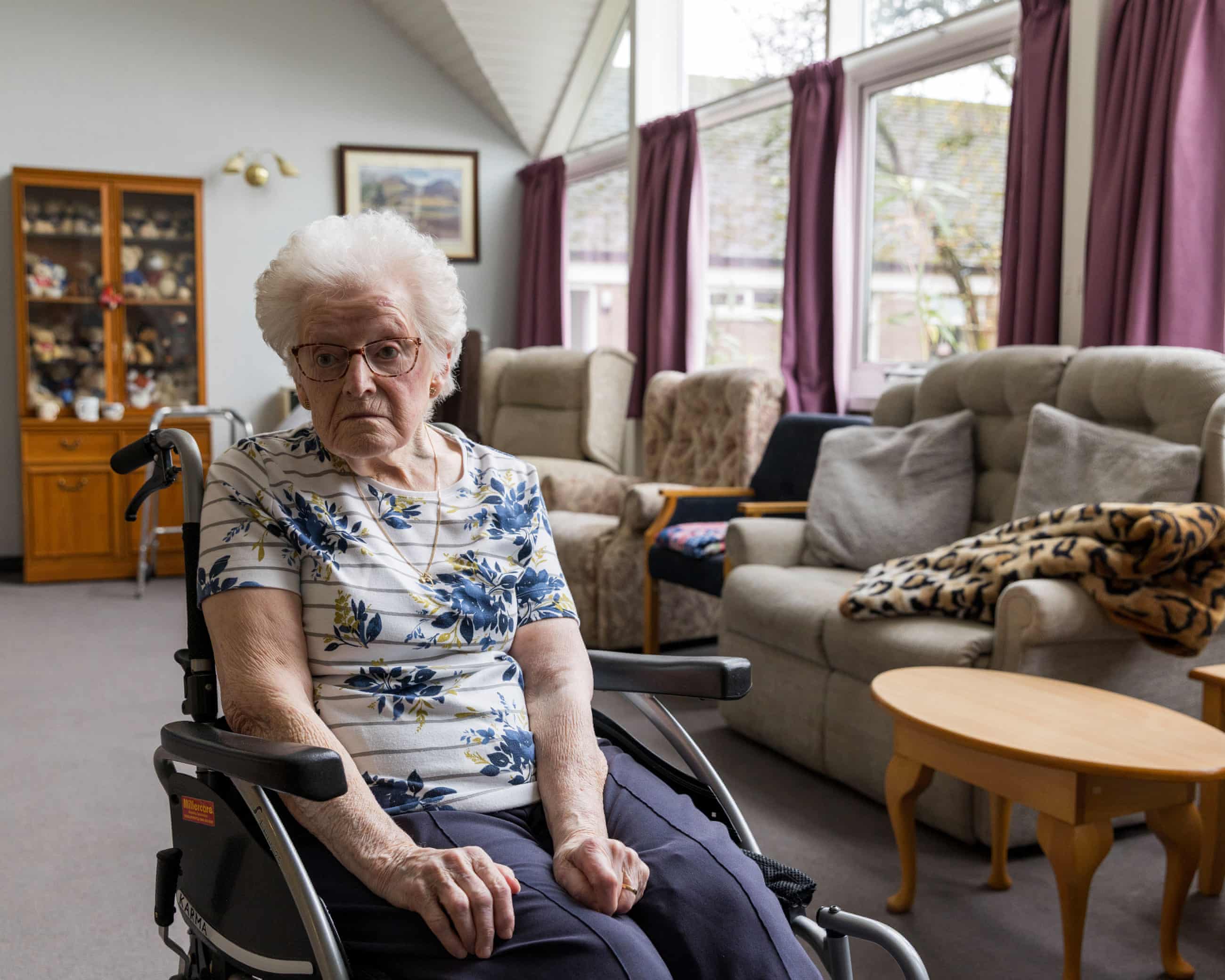
‘It’s cruel’: relatives of residents react to proposal to close Lancashire care homes
Elderly residents of care home left anxious after Reform-led county council started consultation over plans for its closureFor Marjorie Aspden, 95, Woodlands care home in Clayton-le-Moors in Accrington was the perfect place to spend her twilight years. When she looked out from the window of her room, she saw the woods that she played in as a young girl and felt a sense of contentment.Now she and hundreds of other elderly residents are facing uncertainty after the Reform-led Lancashire county council announced it would consult on plans to close care homes in the area.Last month it began a consultation on moving residents out of five local authority care homes and day centres into other premises. The consultation closes in mid-December and the cabinet will make a final decision on the closures in February
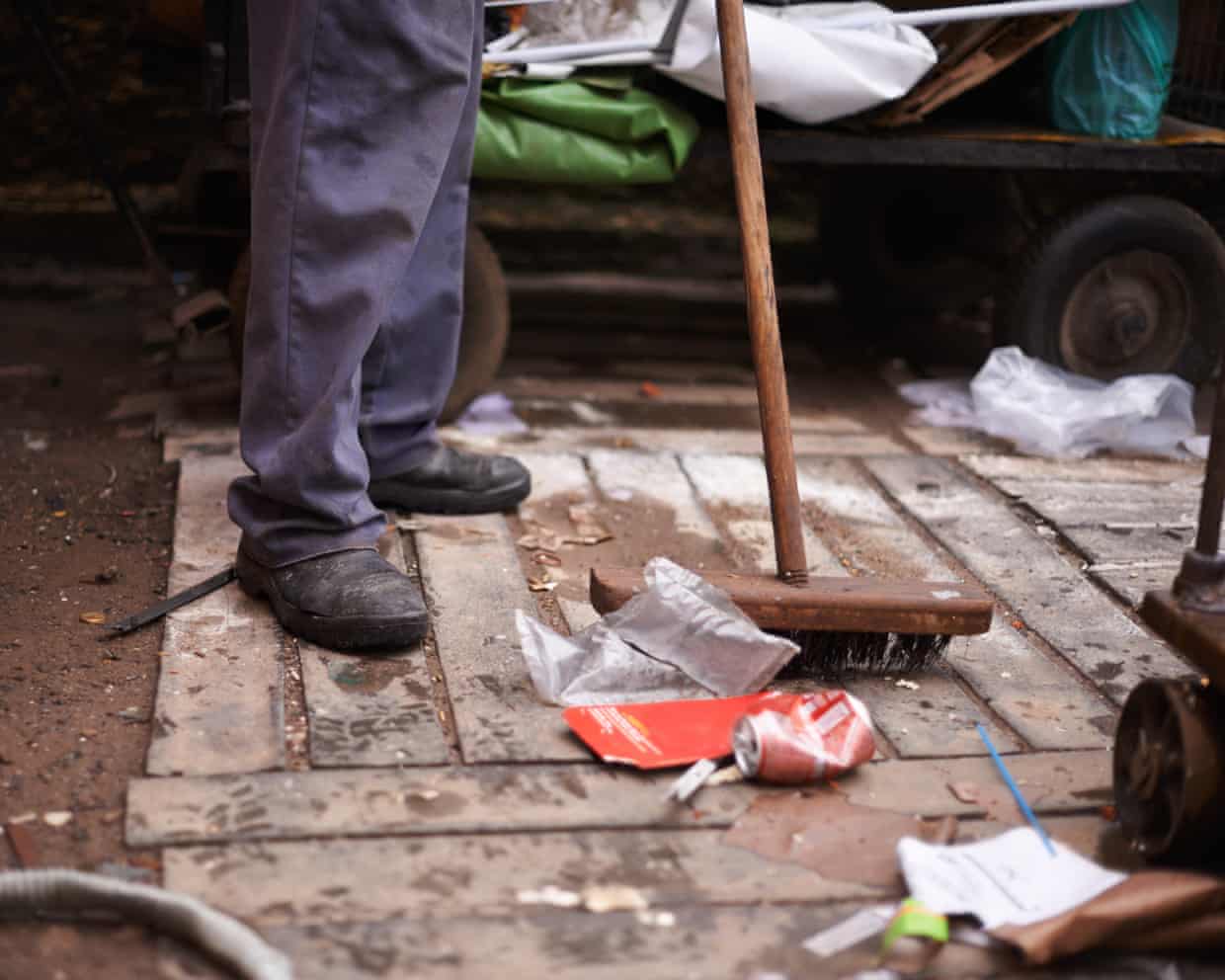
Why is social mobility such an obsession? | Letters
In recent discussions about changes in both the curriculum and forms of examination in English secondary education, one ambition has often been named: that of increasing social mobility.Quite why this aim remains unexamined is unfortunate. Nobody would wish any child to be refused access and support for any number of occupations. But we surely have to ask, as successive governments have not, why a focus on this aspiration obscures the much more socially radical and equitable aim of making all occupations viable, rewarded and respected.Surely there is already sufficient cut-throat competition within the English class system without enshrining ideas which focus on diminishing the value of jobs and occupations to be “escaped” from
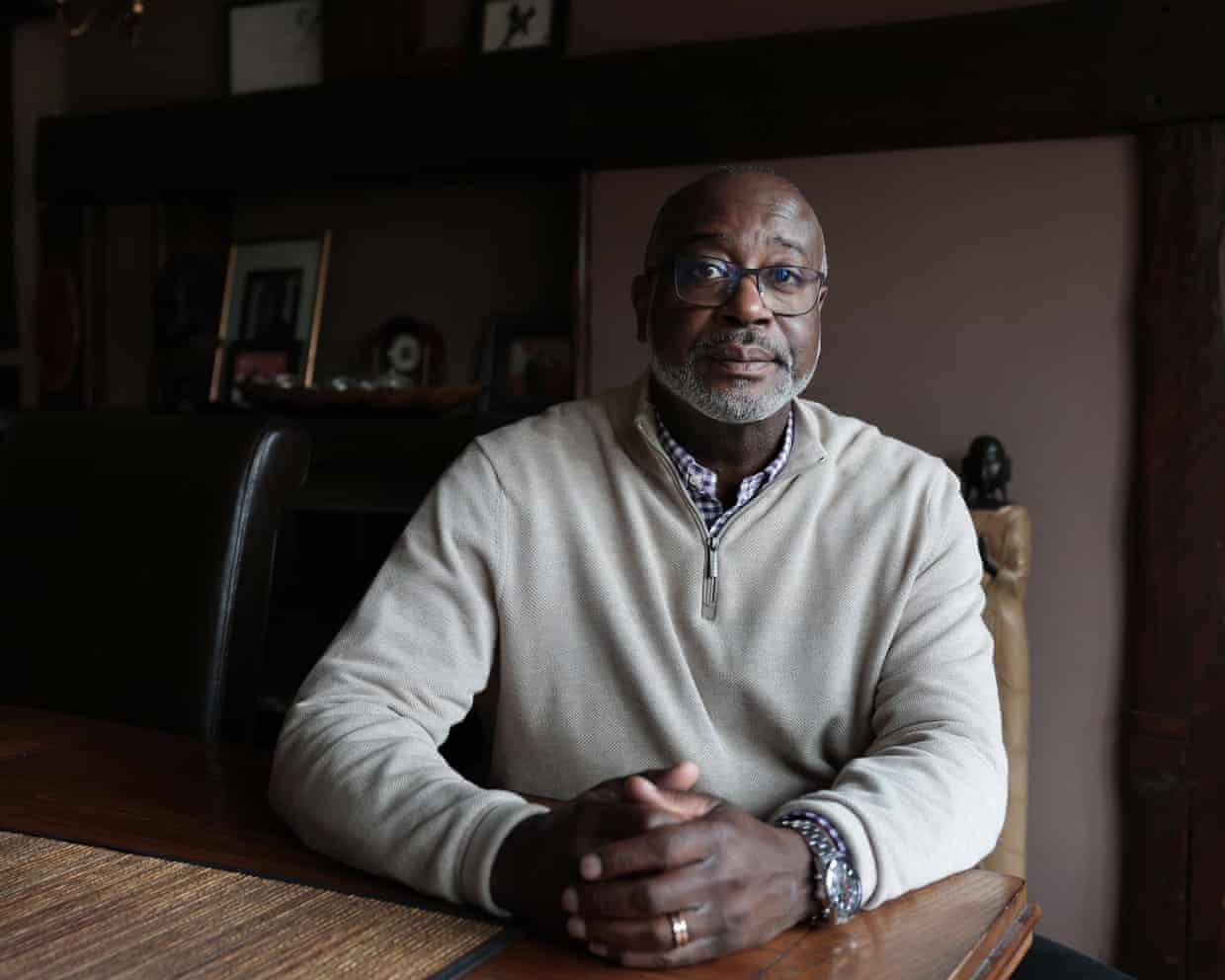
‘Better and cheaper’: the case for prostate cancer screening among black men
Junior Hemans was having a routine health check in 2014 when he was diagnosed with prostate cancer, at the age of 51. He knew there was an increased risk of the disease in black men so asked to have a prostate specific antigen (PSA) test, which was not initially included.“And when I went, they said I had a raised PSA level for my age,” Hemans said. “[The diagnosis] was a shock … because I had no symptoms.”The PSA test, which is used to check for conditions including prostate cancer or an enlarged prostate, is not routinely offered on the NHS at present
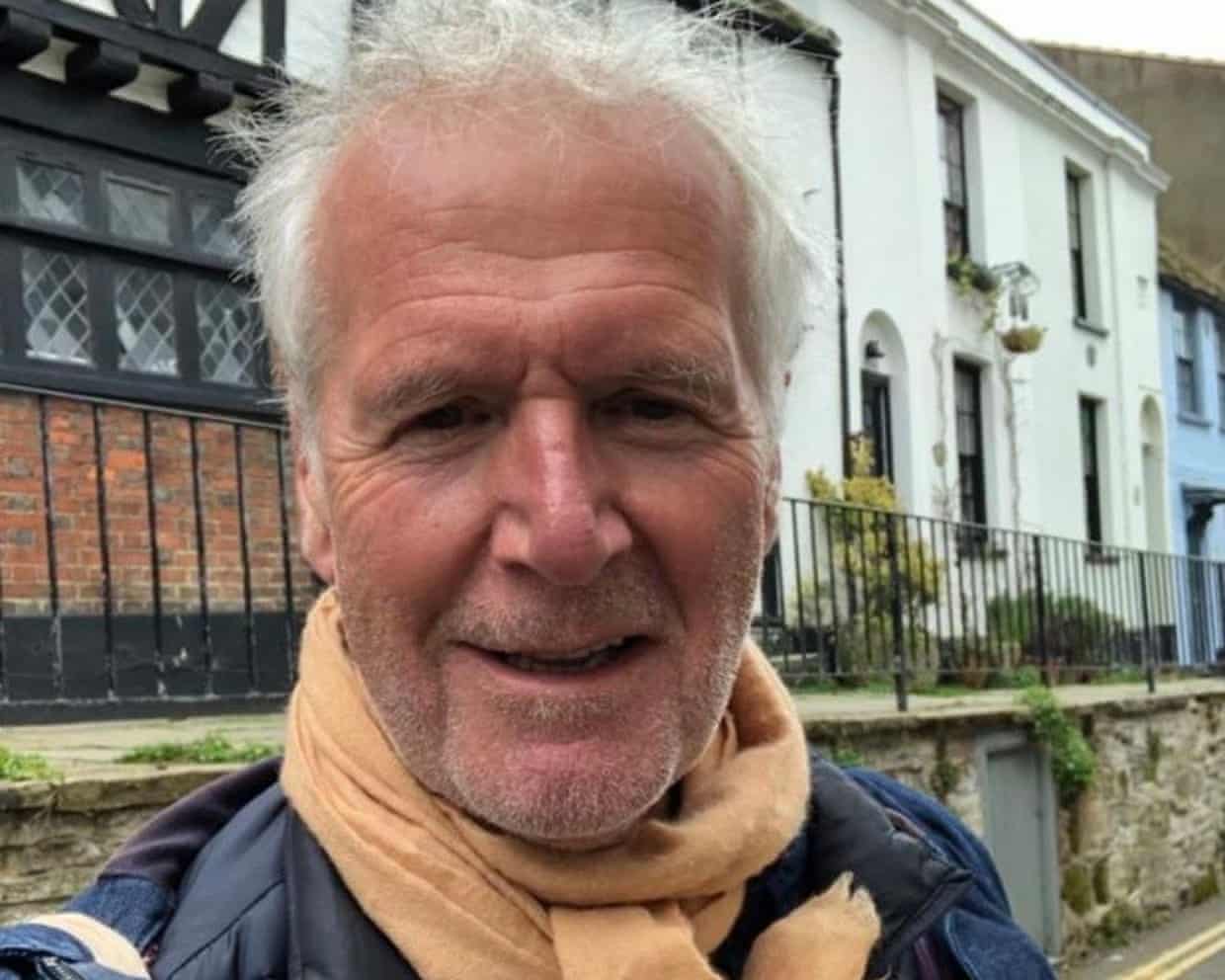
Stephen Dawson obituary
My friend Stephen Dawson, who has died of cancer aged 78, had the questionable luck of being a newly minted urologist when Aids first struck in London in the early 1980s.The son of Philip, a nuclear physicist at the Atomic Energy Research Establishment at Harwell, and May, a housewife, Steve was born in London, went to King Alfred’s school, Wantage, and studied medicine at University College Hospital before qualifying as a fellow of the Royal College of Physicians in the late 70s. The decade that followed was both clinically fascinating and emotionally challenging.Working in genitourinary clinics around London, Steve helped chart the rise of HIV-opportunistic diseases while being able to do little to treat them. It was typical of him that, in 1988, he left Aids medicine in London for the professionally less glamorous Slough, to work as the first consultant in genitourinary medicine in east Berkshire

Two-thirds of nurses in UK work while unwell, says union
Nurses across the UK are working while unwell in understaffed hospitals, with stress as the leading cause of illness, according to research.A survey by the Royal College of Nursing (RCN) of more than 20,000 nursing staff found that 66% had worked when they should have been on sick leave, up from 49% in 2017.Just under two-thirds (65%) of respondents cited stress to be the biggest cause of illness, up from 50% in 2017. Seven out of 10 said they had worked in excess of their contracted hours at least once a week, with about half (52%) doing so unpaid.The NHS has more than 25,000 nursing vacancies across England

‘People still blame me for their perforated eardrums’: how we made the Tango ads

Memoirs, myths and Midnight’s Children: Salman Rushdie’s 10 best books – ranked!

High art: the museum that is only accessible via an eight-hour hike
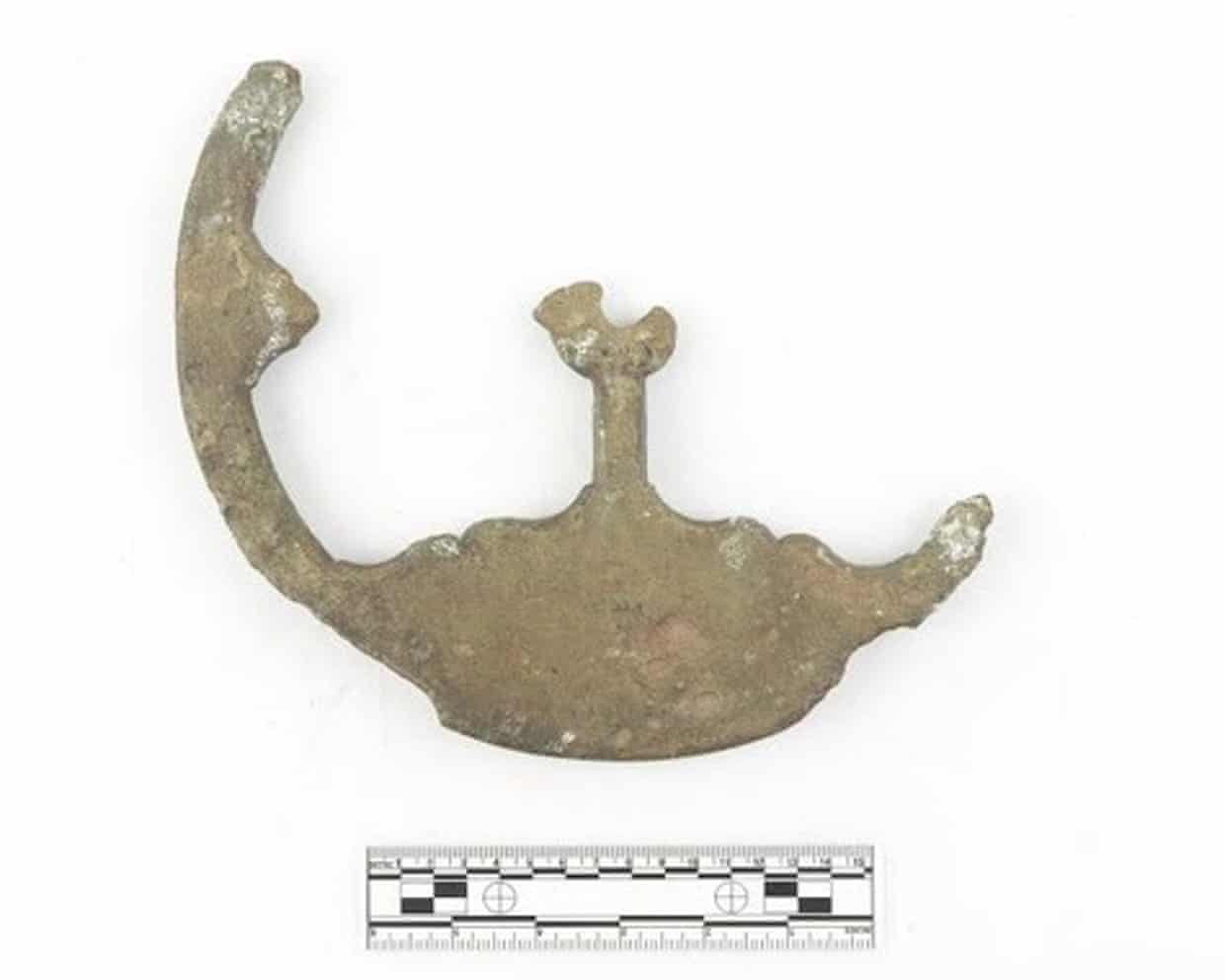
Spanish Armada-era astrolabe returns to Scilly after mysterious global journey

My Cultural Awakening: I moved across the world after watching a Billy Connolly documentary

The Running Man to David Hockney: your complete entertainment guide to the week ahead